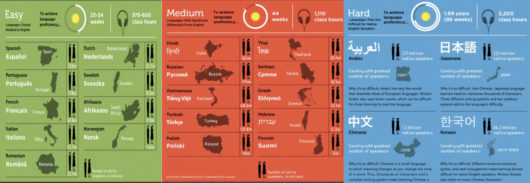Success with a long-term commitment in a new culture is highly associated with the ability to verbally communicate. People who are fluent in the common language are at a great advantage. By contrast, inability to communicate most always results in frustration for everyone involved, and renders ineffective even the most talented, intelligent, and well-intentioned individuals.
Many people who are immersed in a new culture are intent on learning the language. Most also struggle. Why? For one, learning a language is difficult for adults. It takes hundreds of hours of study and innumerable conversations—ones that, in the beginning, may be embarrassing and humiliating. I once lived in Lisbon, Portugal, for an entire year learning Portuguese. I practiced no medicine whatsoever. Was this a waste of my talent? Not at all, for when I later arrived to live amid the chaos of Angola, Africa, I could easily communicate, a skill without which I could never have survived on location, let alone launched a new healthcare initiative.
New languages can be mastered by almost anyone who is sufficiently motivated. But you must reserve protected time. Secure a talented language coach. Engage native speakers every day. Soon, you’ll enjoy the professional effectiveness and sense of well-being that results.

